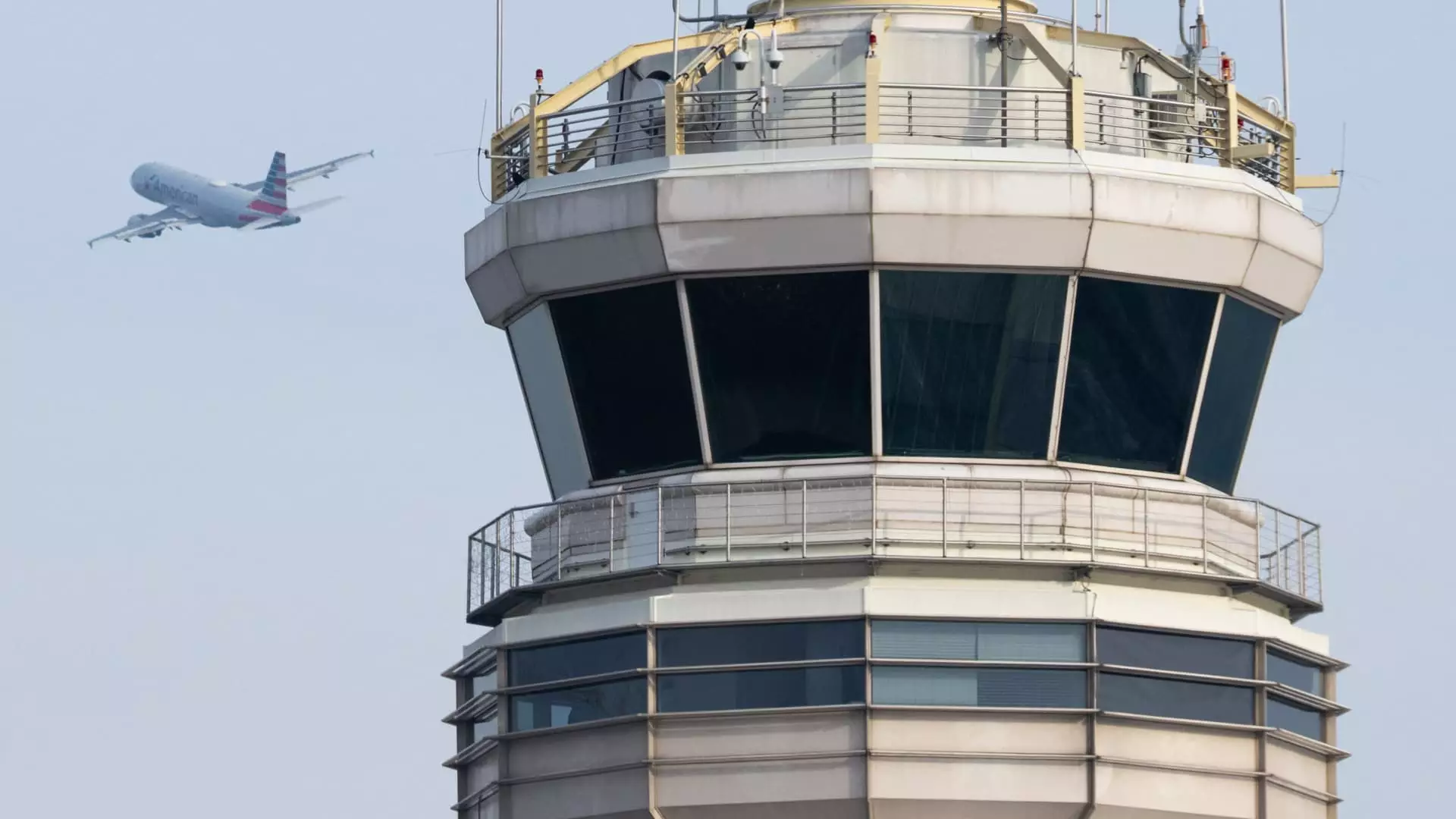In response to concerns over fatigue amid a staffing shortage, the head of the Federal Aviation Administration announced changes to increase the required amount of rest time for air traffic controllers. The adjustments, set to take effect within 90 days, will mandate controllers to have a minimum of 10 hours of rest between shifts, up from the previous nine hours, and 12 hours of rest before an overnight shift.
FAA Administrator Mike Whitaker stated that during his initial months in charge of the FAA, he visited air traffic control facilities nationwide and received feedback about schedules that did not always allow controllers to get sufficient rest. Emphasizing the importance of controller and airspace safety, Whitaker took the concerns seriously and subsequently implemented the new rest requirements to address the issue.
The FAA has faced mounting pressure to enhance air travel safety following several close calls at airports, mechanical issues at airlines, and production challenges at Boeing. A shortage of air traffic controllers, exacerbated by a hiring freeze during the Covid-19 pandemic, has resulted in forced overtime and overcrowded schedules for personnel in certain facilities. To alleviate the strain, the agency recruited 1,500 controllers last year and intends to hire an additional 1,800 this year.
A peculiar stipulation within the U.S. air traffic control system is the mandatory retirement age for controllers, set at 56 years. This policy ensures that controllers retire at a relatively young age, possibly to mitigate the risks associated with declining cognitive and physical abilities in an inherently high-stress job.
The Federal Aviation Administration’s decision to increase required rest time for air traffic controllers demonstrates a commitment to enhancing safety in the national airspace. By addressing concerns over fatigue and staffing shortages, the FAA aims to mitigate potential risks and improve the overall operational efficiency of air traffic control. The agency’s proactive approach to these challenges is a step in the right direction towards ensuring the well-being of controllers and the safety of air travel passengers.


Leave a Reply